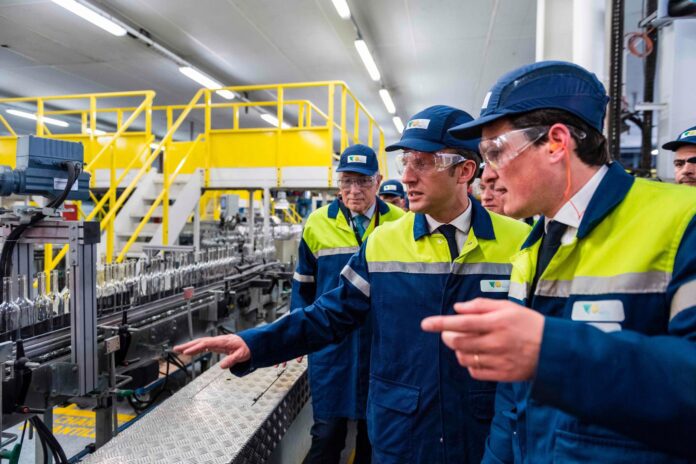
The Agency of German Economic Development (Germany Trade & Invest – GTAI) provides information on the labour market, wage costs, and labour laws in Bulgaria in its publication. According to the German-Bulgarian Industrial Chamber of Commerce, Bulgaria has the lowest labour costs in the EU. However, the companies must plan something to keep qualified workers.
Recently, Bulgaria’s labour market has recovered from the coronavirus crisis, which devastated their only income source. But their condition is still dire as some employers are struggling with structural weaknesses. The publication cited data from the Employment Agency, which showed the demand for staff rose by 13% in the first three months of 2022 compared to the same period last year.
According to estimates made by the Employment Agency, the quota will be between 4.8 and 4.9 percent in 2022. The requirements of workers are significant in the field of the service industry. The trend of shortage of qualified workers has gotten worse since 2022’s first quarter, which has resulted in lowering the unemployment rate.
The wholesale and retail trade, logistics and transportation, the restaurant business, and the ICT sector demand highly qualified people. Most employers in the manufacturing industry intend to keep their current staff and slightly expand it. According to the employment agency, the metallurgy, machine building, and textile and leather industries have the lowest number of workers and need many as soon as possible.
According to Eurostat, the average hourly labour cost in 2021 was approximately 7 euros. The National Statistics Institute (NSI) stated that the employment rate was 68.1% at the end of 2021, which is 3.9 points more than the previous year. There are times when companies raise wages due to the increased demand for workers. The service sector employs roughly 65% of those in employment, and the industry employs about 30%. The Eurostat stated that labour costs increased to 9.1% annually in 2021, which is above average.
The services sector’s labour costs have increased up to 14.4 percent as compared to the same period in 2021, which was the highest rate ever recorded. According to NSI, over the same time, labour expenses increased in construction by 10.7% and in the industry by over 11.8%
